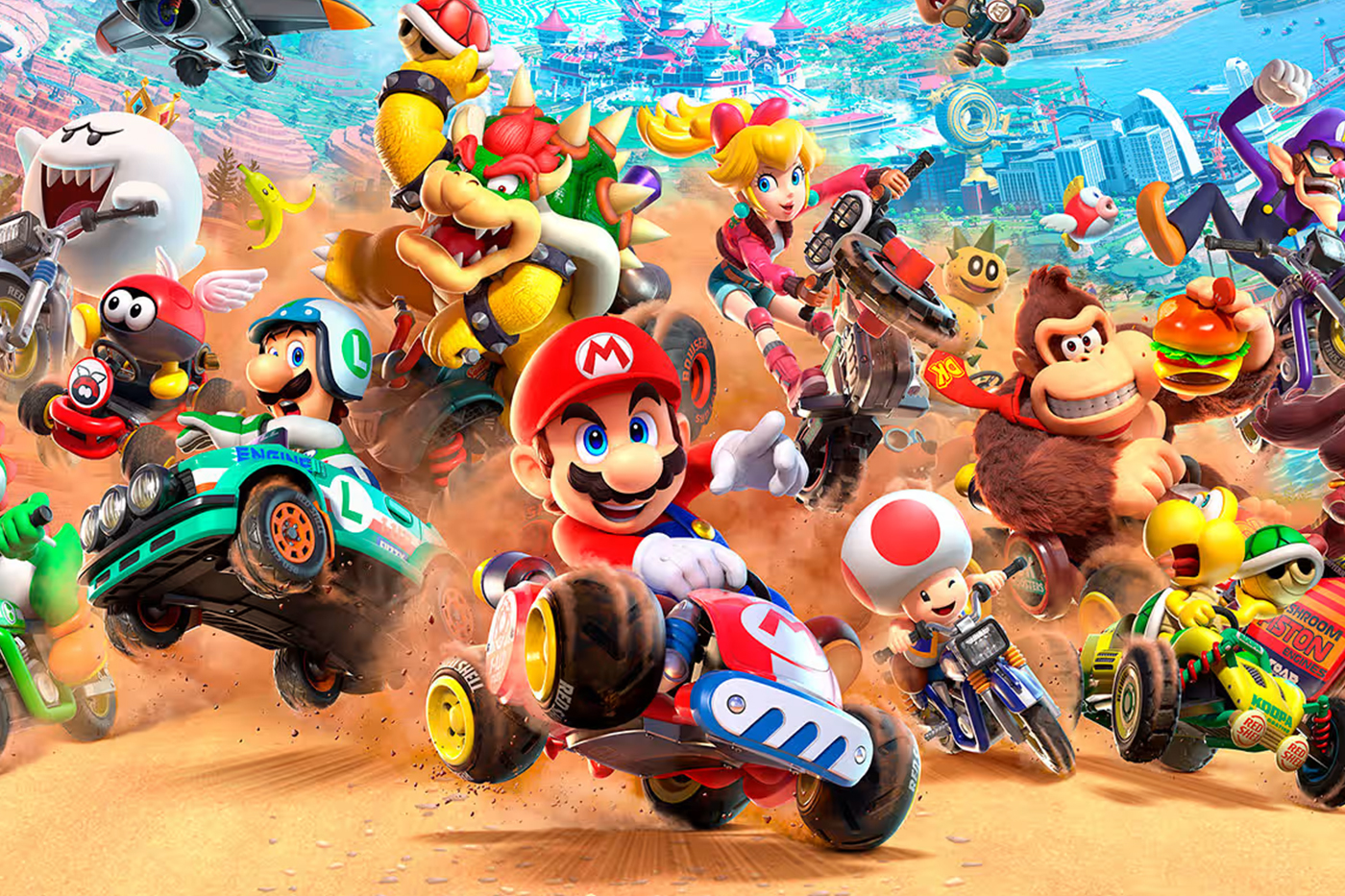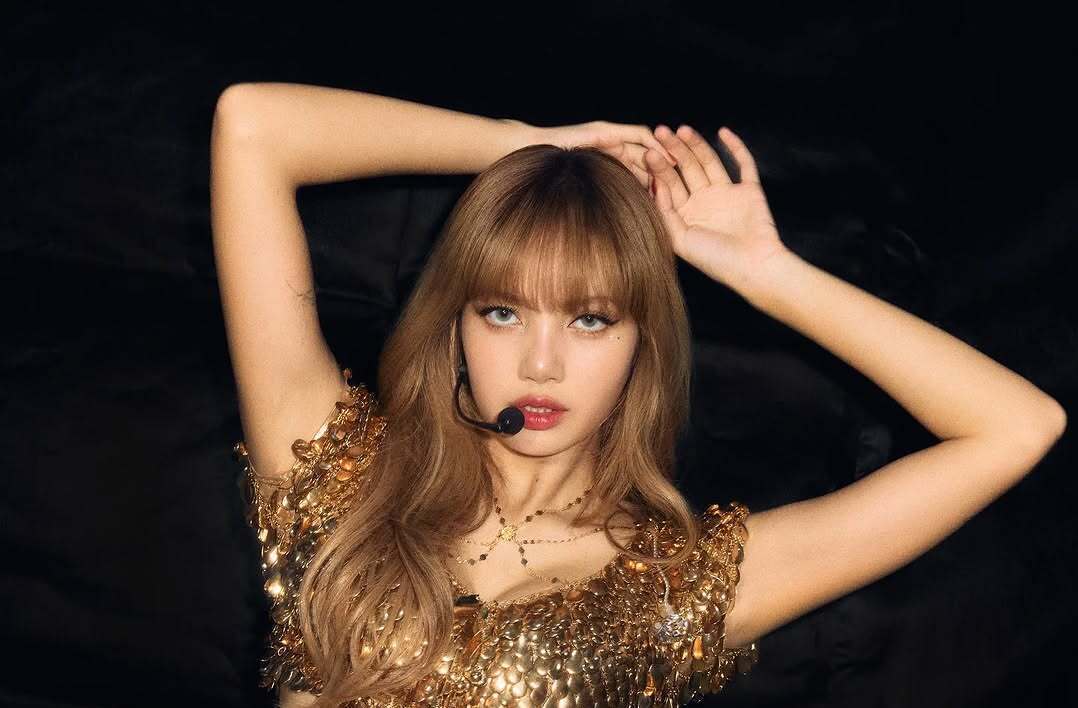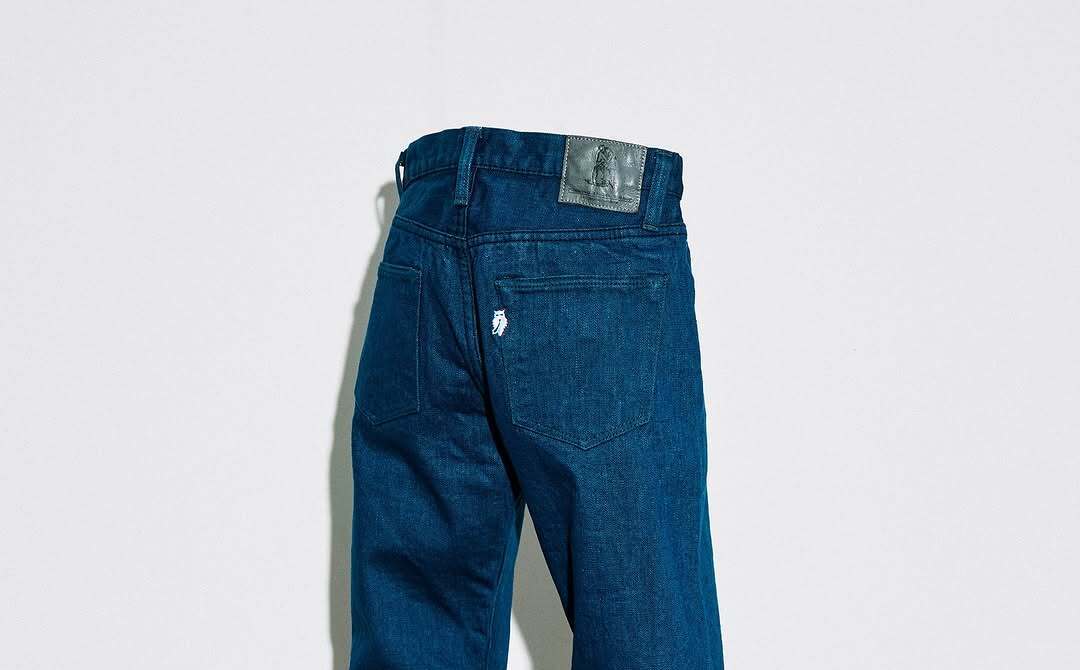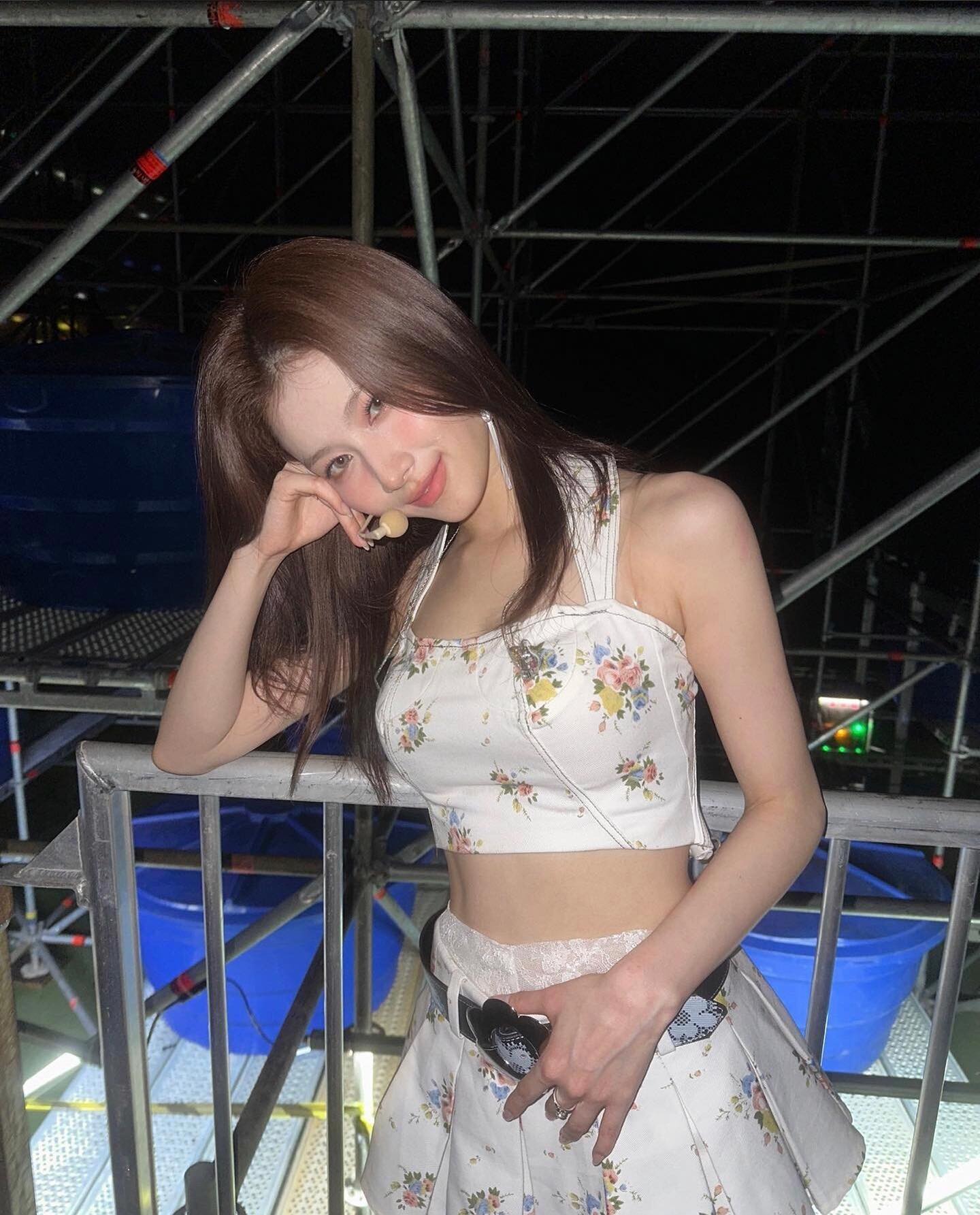Once the exclusive domain of women, haute couture is slowly but surely opening its doors to men. Zaneta Cheng discovers the designers bringing about change and why, at last, it’s happening now
Couture is sumptuous: filled with the most expensive fabrics, the most beautiful silhouettes and the outfits designed for the most rarefied lifestyle on Earth. But it’s a world that, up until now, has only been open to women. Men could either shop from ready-to-wear collections or buy a tailored suit in places like London’s Savile Row.
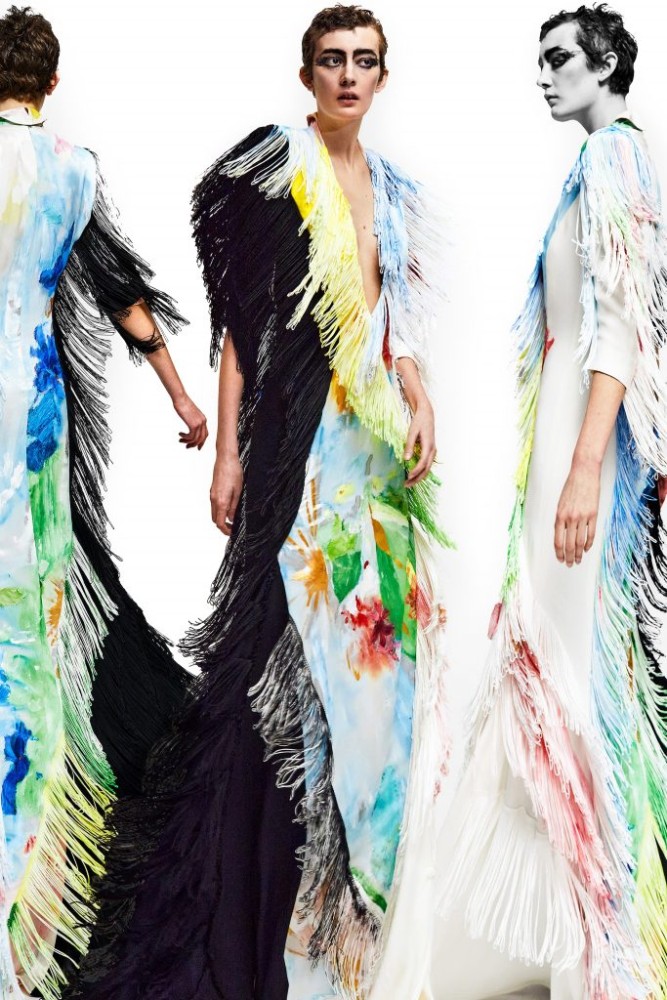
But Valentino creative director Pierpaolo Piccioli and a few other designers are changing that. It makes sense: Fashion is already moving away from sharply defined gendered fashion and ready-to-wear is blending men and women’s designs both on the catwalks and on the racks. Ready-to-wear was filled with male models on the women’s catwalks, but at the most recent couture week, Valentino included menswear for the very first time.
“Couture is for people,” Piccioli said in an interview with Vogue. “I don’t care about gendered (fashion). It’s an inspiration which is fluid, no-boundaries: a trench coat is for men and women.”
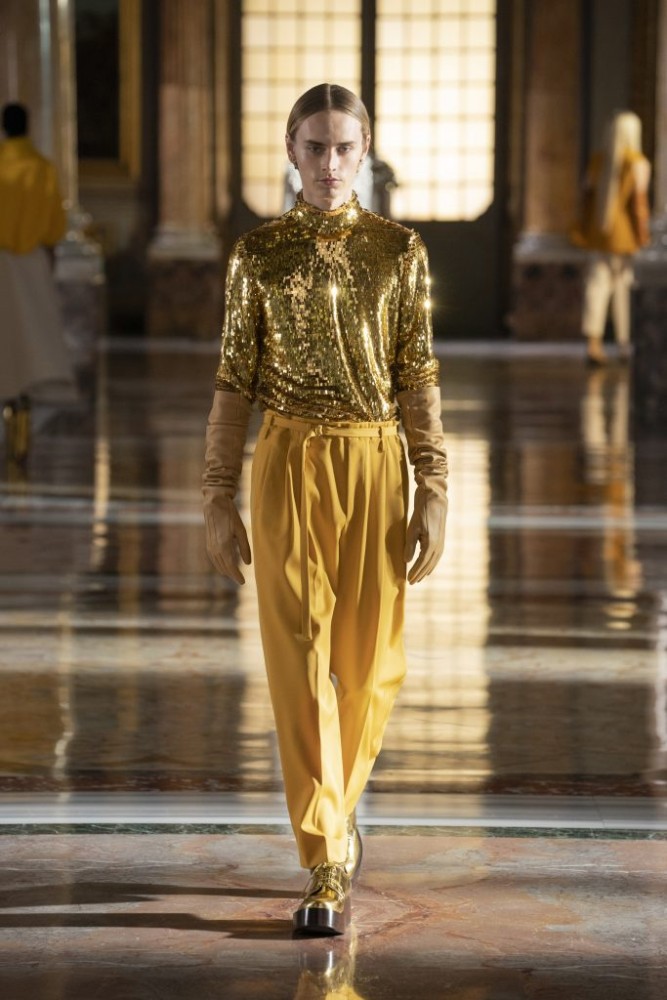
Clearly it’s something that men want. And it’s offering them a new experience: a haute couture trench coat is designed differently to a ready-to-wear one, sewn so that the sleeves move seamlessly into the main body and the lining is made using high-end material. Why shouldn’t men have access to this? And why haven’t they before?
The answer is that, up until now, there hasn’t been much demand for haute couture menswear as men could get made-to-measure suits, shirts and coats from tailors. However, as the world becomes far less formal in most professional circles, men no longer need a tailored suit. Instead, they want clothes that are as painstakingly created but with a very different feel.
Then, there’s the fact of automation and the mass fashion industry that churns out clothes. Something unique has never been as desirable as it is now, and that trend will only grow as AI increases in the fashion industry. Couture, by contrast, relies on craft or hand skills that cannot be replicated by automation and are therefore valuable in the modern world. Add to that the relationship haute couture designers have with their clients and it’s no surprise men are hoping to join in.
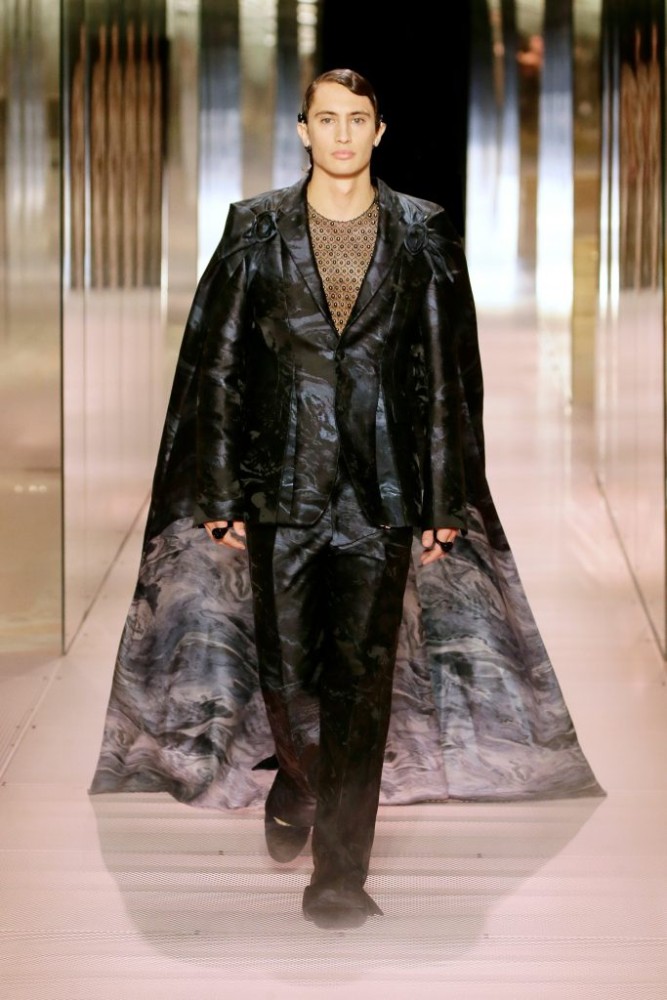
Thankfully, Valentino is not alone. Balenciaga is set to introduce couture for men in July when it returns to the Paris calendar after a five-decade absence. Although it was arguably Jean Paul Gaultier who initiated male couture, including looks for men with his very first haute couture show for spring 1997, and in his final runway show in January 2020, which had his muse Tanel Bedrossiantz wearing dramatic coats with peacock and even chicken feathers.
Other designers likely to follow suit in subsequent collections include Givenchy – most notably because The Weeknd recently wore a scarlet encrusted jacket that took the house’s Paris ateliers more than 250 hours to hand-craft. It’s widely known in the fashion industry that Givenchy’s lauded creative director Matthew Williams intends to include menswear when the maison rejoins the couture week calendar later this year.
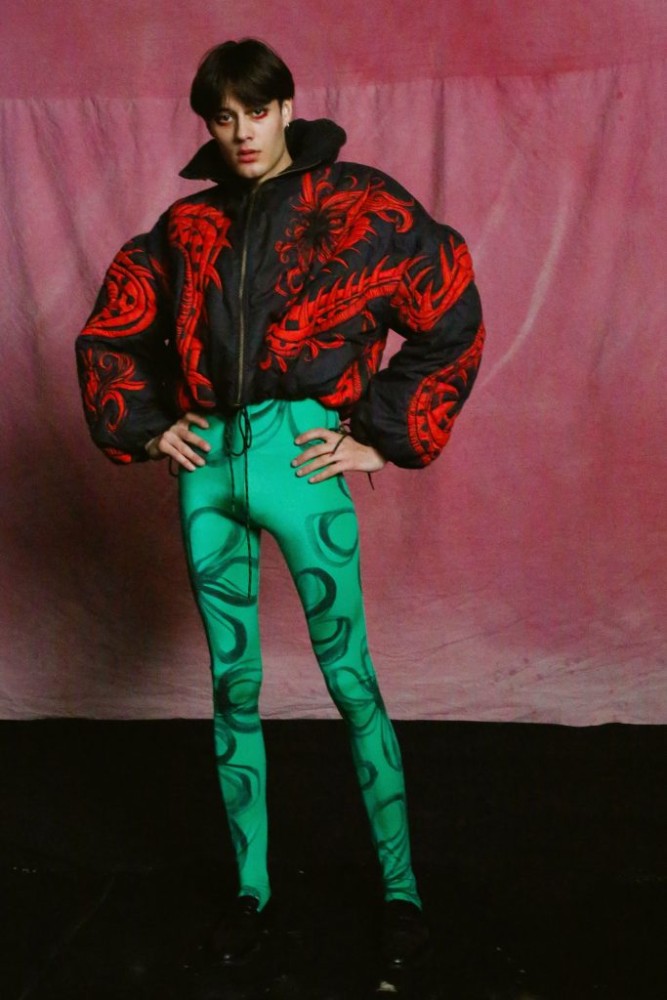
Another contender is Dolce&Gabbana, which – through their high-end Alta Sartoria collection that debuted in 2015 – has already been catering to hand-crafted men’s and women’s designs, and adheres to all the same formulas as couture although it does not currently show in Paris.
In a recent interview, the designers said that their male clients were requesting couture pieces that could fit in with their lifestyle, including for golfing, sailing or – in one case – to match a collection of Ferrari sports cars.
Ultimately this move towards a more democratised fashion industry suits everyone: men, who now have access to beautifully made, hand-crafted clothes for all occasions rather than just the office, and women, who can be sure their husbands, brothers and sons are dressed just as well as they are.
See also: How Harry Styles is normalising gender-fluid fashion



